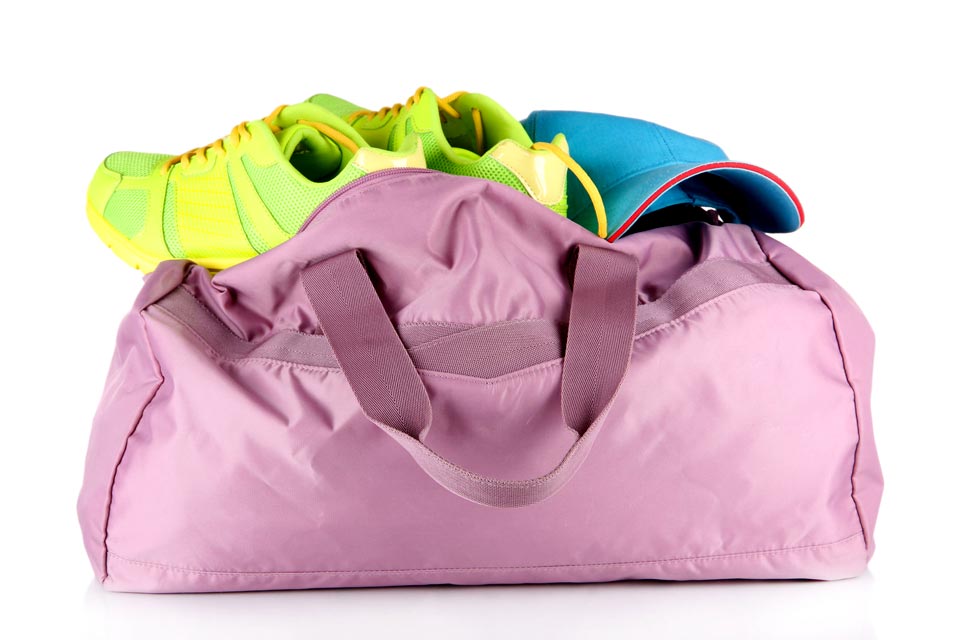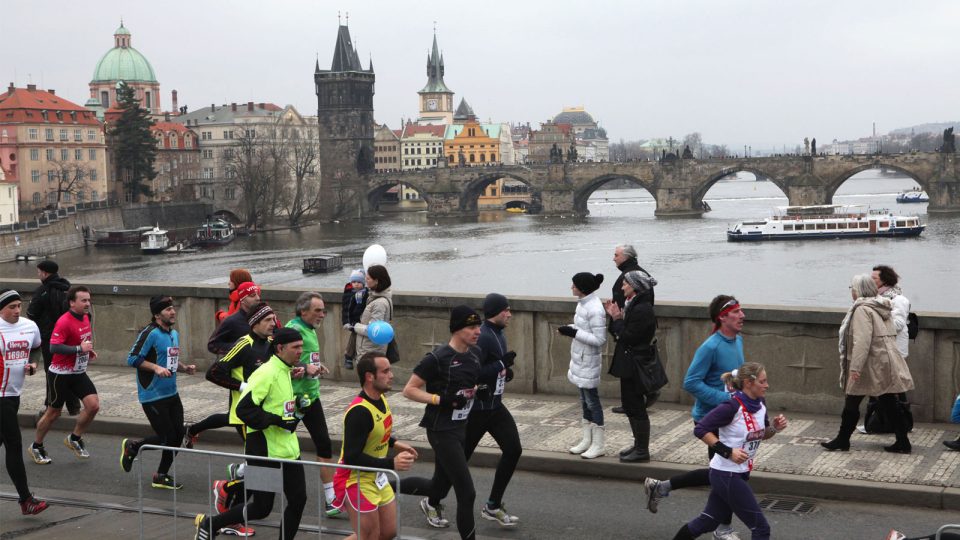Your first experience with an overseas marathon competition is bound to be an unforgettable one, not to mention you’ll be experiencing the added bonus of sightseeing another country along with it. Marathons like the Gold Coast Airport Marathon, Mount Fuji Marathon and Bromo Marathon have different terrains and climate which can be challenging to runners.
The change of scenery and terrain can also prove beneficial toward any athlete’s training, and many popular training destinations are a mere budget flight away with hotels, stores, and training services catering for athletes nearby.
During the winter months, a trip overseas to an area with warmer weather often feels motivating. The physical and mental benefits that come with participating in an overseas marathon, however, are what is going to make all of that training feel worth it – it’s a grandiose achievement, and you can pride yourself on the fact that many other athletes never make it this far.
However, there is also a lot of preparation involved and not planning ahead can yield potentially crippling consequences. Staying healthy is one of the key concerns, with several others.
Here’s a list of a top things you should know before you run a marathon overseas.
Knowing What to Pack
Whenever you have to fly out of town for a marathon, pack your essential equipment in a carry-on in the event that your baggage winds up getting delayed or lost. The basic necessities should obviously include your running shoes and any clothing you’ll be running in, but you may also want to consider adding a few other items to your carry on as well, as long as there’s room.
Running watches, pain or anti-inflammatory medication, sweat bands, extra shoelaces, a small gym bag, a lock for your locker, and power bars, energy supplements, or snack items are some examples of what should be at the top of your list, as well as your race confirmation if you are to receive a race number for participation.
Because airlines no longer allow bottled liquids to be taken on board planes, you should plan on purchasing water or sports drinks at your final destination. In case of emergencies, it may also prove useful to keep a cellphone on you at all times.

High Risk of Illness
One of the biggest problems athletes must face from foreign marathons, however, is the high risk of illness. Fatigue and jet lag combined with the stress of traveling and anxiety of a big competition can lower your body’s ability to resist illness.
Risk of illness is a problem even in westernized countries such as Western Europe, Australia, or New Zealand, and the risk becomes even greater if you’re planning to compete in a less similar environment, particularly if the country is considered third world by the rest of the world’s standards.
Preparation is the easiest way to avoid illness before a competition. Most of potential health risks, however, do in fact stem from under-developed or third world countries. The reason for this is that medical care in the Singapore is often more advanced than what’s available in these countries.
Many common diseases in these foreign countries have already been eradicated for years in Singapore, meaning that Singaporean traveling abroad have no prior encounters with these bugs and thus no natural immunity or resistance to them either.
Diseases can also be spread through food, insects, or water sources, however, which is why researching the country will be traveling to prior to your flight is extremely important. You can greatly reduce your risk of accidentally catching something if you do your research and know what to expect.
Adjusting to Time Zones
When you’ve done your research and after your arrive at your destination, try to adjust to your new time zone as quickly as possible. By taking a short walk outdoors, without sunglasses, you make it easier on yourself to help reset your natural biological clock and help resist sleepless nights. This will also help you recover from jet lag.
If possible, try to arrive at your destination anywhere from a few days to a couple of weeks early to allow your body time to recover. Especially if you are suffering from severe jet lag symptoms, the first few days should be spent doing only light exercises and conditioning to allow your body time to recover and avoid pushing yourself too far.
Keep in mind that the effects of jet lag vary from person to person also, and that you may be either the person who suffers the worst from it by worrying or the person who is able to shrug it off with relative ease.
Set your watch to your destination’s time and begin adjusting your schedule to the destination’s time as soon as possible, preferably before leaving on your flight. Stay awake if you’re flying during what would be daytime at your destination, and coordinate your rests periods and meals with your destination’s time.
Getting Along with Your Surroundings
Proper research is also what will help you better adapt to the local culture and customs of the country you’re competing in. If you feel it’s necessary, don’t hesitate to hire a tour guide.
Although many modern day countries have large populations of citizens who understand English as a first or second language, there is no guarantee that they will be able to speak fluently, or that communication will be easy.
This is especially a problem in countries with languages and cultures very dissimilar to native America. An experienced tour guide should also be knowledgeable of which local crimes pose potential dangers, like how to avoid thefts and pickpockets. He also should be aware of many of the health risks you’ve already researched earlier, and be able to help you with communicating and navigating in a foreign country.
The Benefits Outweigh the Risks

Running a marathon overseas may be far from easy, but it is also a highly rewarding experience allowing you to visit new places.
For an athlete, the experience of training and testing their limits in a new environment and in the midst of a strenuous competition in itself is one of the ultimate rewards, one of the highest goals that can be achieved in order to confirm that all that training and hard work has indeed paid off.
The unique and empowering sense of accomplishment that follows is not one that many people can claim, but every athlete should dream for.
Do you have any other travel tips when preparing for an overseas marathon? Let us know in the comments!





